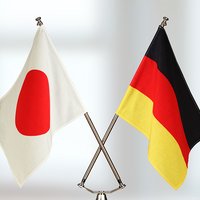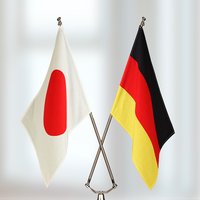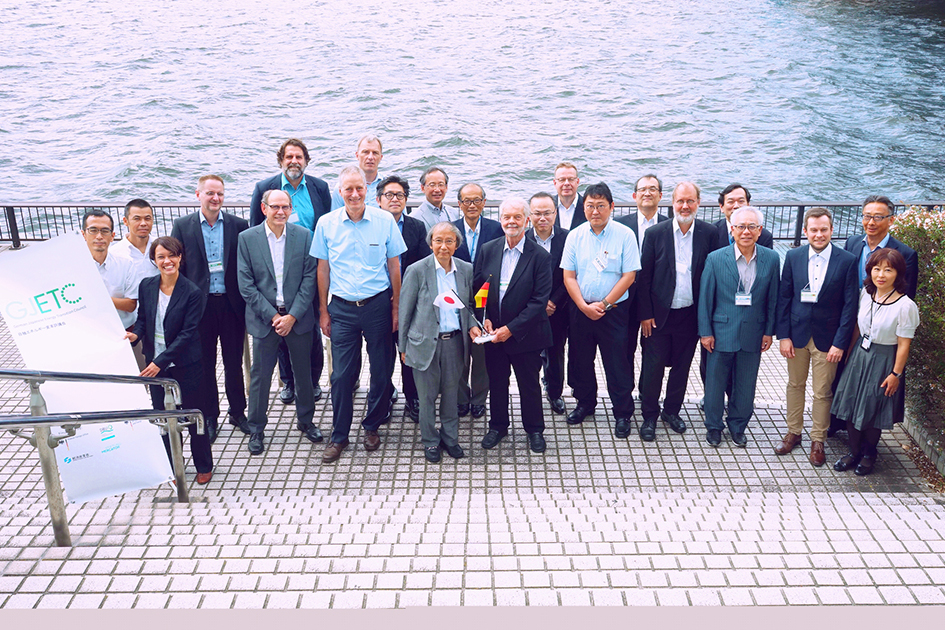Stabilising the Energy Supply Under Growing Shares of Renewables
German-Japanese Energy Transition Council addressing bottleneck issue in latest Outreach

German-Japanese Energy Transition Council addressing bottleneck issue in latest Outreach


Japan is restructuring its electricity market and competing energy suppliers, unbundling grid and competitive balancing markets are the results. Digitisation can enable system operators, producers, traders, consumers and storage providers to co-operate and use the renewable power instead of wasting it. This hypothesis is the background for a study conducted by the German-Japanese Energy Transition Council (GJETC). The Wuppertal Institute and the Institute of Energy Economics, Japan (IEEJ) as the scientific secretariats of the GJETC, analysed concepts of virtual power plants and their underlying business models as well as the use of Blockchain technology. The focus was set on case studies such as the German company Next Kraftwerke and the US energy supplier Pacific Gas & Electric. First results have been discussed at the 7th meeting of the GJETC held these days in Tokyo.
The study shows that Virtual Power Plants (VPP) business models may be largely dependent upon the regulatory framework, renewable energy resources, the electricity supply system as well as the electricity market system. Experiences from Germany show that for example the gradual expiration of FIT (Feed-in Tariff), which is also the case for Japan, will create a favourable business environment for VPP. IT systems and market structure on the other hand currently do not seem to influence VPP models significantly. However, as Germany is the only country with fully commercialised VPP so far this might very well change in the future as maturing markets might lead to different developments and results in other countries.
At the Outreach Event held on September 24th, Prof. Dr. Klaus-Dieter Borchardt, Deputy Director of the Directorate-General for Energy of the European Commission, Dr. Boris Rigault, Head of the Field Industrial Steam Turbines at Siemens AG and Steffen Riediger, Director European Power Derivatives at European Energy Exchange (EEX) explained their efforts and achievements in trying to attain stabilised electric systems under growing shares of renewable energy.
"Experiences in Europe show that integrating a high share of renewable energy production into the electricity markets means providing flexibility on the generation and demand sides, as well as creating strong price signals," said Prof. Dr. Klaus-Dieter Borchardt during the Event. The Outreach is intended to provide both strategic and in-depth insights on selected topics related to electricity markets and growing shares of renewable energy production in both countries.
The next scheduled Council meeting will be held in Berlin on 18 and 19 March 2020. A video on the concept and work of the GJETC as well as study results, input papers, and a final report of the first phase (in English, summaries in Japanese and German) can be downloaded from the GJETC website under the link below.
